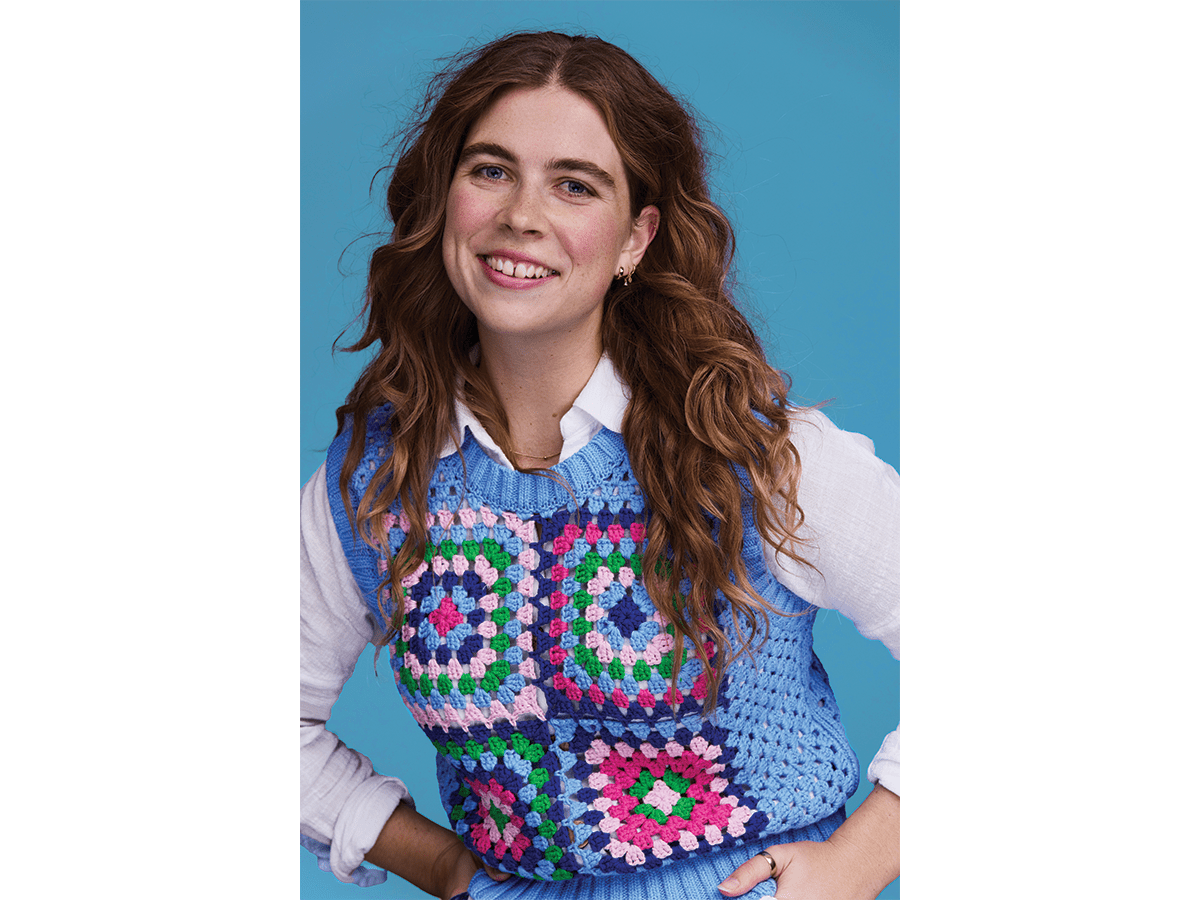Frame Shift – an exhibition of films and video artworks by artists with and without disability – arrives at the Sydney Opera House next week.
Featuring 11 original works exploring themes like intersectional identity, creative expression and social connectedness, Frame Shift showcases collaboration between filmmakers and artists with and without disability to disrupt standard narratives. This collection of video artworks ranges from the haunting to the humorous, delving into the psychology of illness, reimagining genres, and pushing the boundaries of experimental film techniques.
F2L spoke with filmmaker Lily Drummond about her piece called With Love, Lottie, featured at Frame Shift:
1. What inspired you to get into filmmaking?
I have been a storyteller for as long as I can remember. Growing up, I was drawn to the way stories could bring people together, challenge perspectives and assist in creating change. Filmmaking felt like a natural progression of that passion. I would make short films and home movies throughout my childhood and early into high school I started entering student film festivals. I found it to be such a powerful medium that allowed me to explore complex topics, especially at the time when I was discovering my identity as a young person, in ways that resonate deeply with audiences.
2. Why did you make With Love, Lottie?
I wanted to reimagine the beloved coming-of-age genre of the late 90s and early 2000s, inspired by films such as Clueless, Bend It Like Beckham and Legally Blonde, but seen through a queer and disabled lens. Growing up, these were some of the first films where many of us saw ourselves reflected on screen as young people navigating life. Yet, for disabled and queer people like myself, it’s still hard to find role models in media who reflect our identities and experiences.
When we’re young, we learn so much about who we are and where we fit in the world based on the stories in front of us. I wanted With Love, Lottie to add to that landscape, and provide queer and disabled youth the kind of coming-of-age story they deserve; one that highlights their experiences with authenticity, humour, and courage. Lottie’s experience of self-discovery and dating with her friends’ guidance is rooted in the same themes that make the genre so timeless – friendship, embracing ourselves and our unique identity, and finding strength in who we are. I’ve drawn on more recent media such as Heartstopper and Heartbreak High for both visual style and modern approach to storytelling, and aimed to create characters that not only resonate with disabled and queer audiences but also empower them.
3. What do you want audiences to come away from the film thinking about/feeling?
I want viewers to think about how friendship, self-discovery, and the search for love are universal experiences but can look a little different through the lens of someone like Lottie. For audiences who relate directly to Lottie’s story, I hope it feels like a moment of seeing themselves reflected with honesty, empathy and a sense of empowerment. For those who don’t share her experiences, I hope it expands their understanding of the nuances, challenges and sometimes humour that come with navigating young adulthood when you’re disabled and queer.
If viewers are like me, growing up, we rarely saw people like us represented in stories about love and coming-of-age. It’s important to me that With Love, Lottie captures a world where disabled and queer characters get to be more than just their labels; they get to be messy, funny, and brave. This film is about finding love in all its unexpected forms through friendship, family, and most importantly, self-acceptance.
Lottie is a deeply personal character who reflects my experiences as a disabled and queer young person. I wanted to create a film that challenges the typical narratives around disability, moving away from stories of limitation and pity, and instead celebrating the joyful, awkward, and exhilarating journey of discovering love as a young person. This film is a love letter to anyone who has ever felt like the odd one out, and a reminder that our differences are what make us extraordinary – I hope that is what viewers resonate with after watching this film.
—
Presented by Accessible Arts and the Sydney Opera House, the films from Frame Shift will be released online on International Day of People with Disability, December 3. A physical screening will be held on Tuesday 26 November at 7pm at the Sydney Opera House. Artworks are Auslan interpreted and audio described. Book Now via the Sydney Opera House Box Office.

